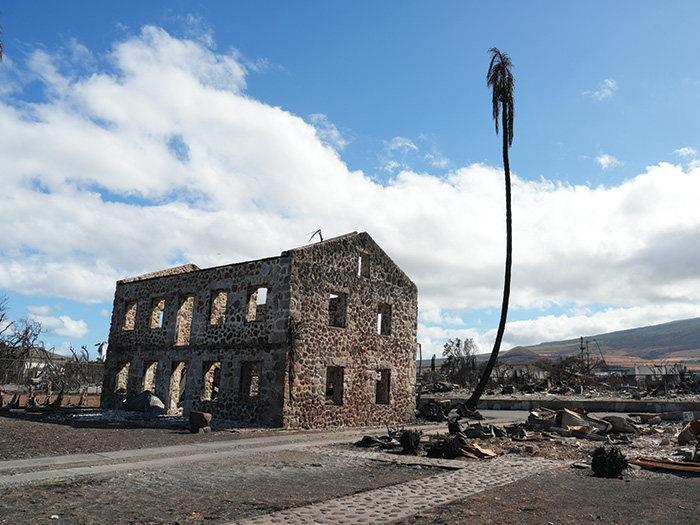Water Crisis
Water Crisis Damages Flint Businesses

Early this year, President Obama declared a state of emergency due to the water crisis in Flint, Mich., making the city and its residents eligible for federal disaster aid.
Officials eventually took action to make Flint’s water supply safer, but businesses still face reputational damage, loss of revenue and for the most part, no insurance coverage due to pollution exclusions.
In April 2014, Flint switched from using Detroit’s water system to draw its own drinking water from the Flint River. Since then, the river’s acidic water corroded lead pipes, leaking lead into the city’s drinking water.
While residents began complaining in 2015 about the odd smell, taste, and discoloration of the water, public officials insisted it was safe to drink. That was until a September 2015 study by the Hurley Medical Center found that the number of children with above-average levels of lead in their blood nearly doubled after the city changed its water source.
Flint officials acknowledged the problem and the city started getting water from Detroit again the following month.
But the damage had already been done, not just to the thousands of residents who were exposed to high levels of lead, but to homes and businesses with lead plumbing that began to corrode from the acidity.
While a safer source of water is now in place, the physical and economic damages could mount for years.
Businesses in the city are “significantly impacted,” said George Wilkinson, group vice president of the Flint and Genese Chamber of Commerce.
The event is not only a public health crisis but an economic crisis that is resulting in a loss of sales and a halting of business operations, he said. It has been especially problematic for restaurants, hotels and those in the hospitality industry.
“They’re seeing a significant decline in [revenue]. There’s also an increase in expenses because they’re buying bottled water and having to install filtration systems,” Wilkinson said.
Flint’s restaurants now regularly test their water and some installed filtration systems that can cost up to $2,000 each.
While business owners can act to ensure their water is lead-free, the real problem is the reputational damage that the city faces, he said.
“They can be cleared by the Health Department but the real problem is the negative perception. The media is portraying Flint as a war zone,” Wilkinson said.
Flint business owners are largely left exposed because business interruption insurance has stringent pollution exclusions, said Micha Knapp, a producer at the Graham Co. in Philadelphia.
Most general liability and property policies preclude any business interruption or property damage arguments a customer could make, he said. In addition, commercial general liability policies do not cover risks associated with polluted water as they often contain an Absolute Pollution Exclusion or a Total Pollution Exclusion specific to lead.
“From a liability and property perspective, there’s often a suite of pollution exclusions that will remove any coverage for a pollutant or containment like lead. It can leave a company susceptible,” Knapp said.
Dave Walker, president of Hartland Insurance Agency in Hartland, Mich., said few businesses in Flint have the specialized insurance necessary to cover businesses losses.
“They would have to have expected this to have that kind of coverage in place. It’s not something most businesses carry,” he said. “Most will have to [cover losses] out of pocket.”
Knapp said it’s important for Flint businesses to continue to effectively test the water for environmental hazards that could impact customers’ health. He recommended they also consider eventually removing and replacing lead pipes on their properties.
Companies can also consider a Pollution Legal Liability insurance policy, which is geared specifically to the restaurant, hospitality and real estate sectors. Such coverage will also protect companies against liability and property damage associated with Legionella.
“Most don’t have it but there are markets out there that will pick up that coverage,” Knapp said.
Flint’s water crisis could be a glimpse into a mounting national problem, according to experts.
Fitch Ratings said in early-March that there are more than 6 million lead water service lines in existence around the country, most of which are located in the Northeast and Midwest.
Dr. Jeffrey Griffiths, a professor of public health at Tufts University and a former chairman of an advisory board for the U.S. Environmental Protection Agency’s Drinking Water Committee, said in an article for the Detroit Free Press that many of the nation’s pipes can not be located or tested.










